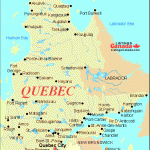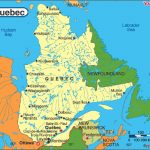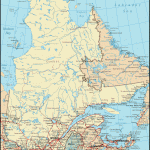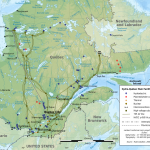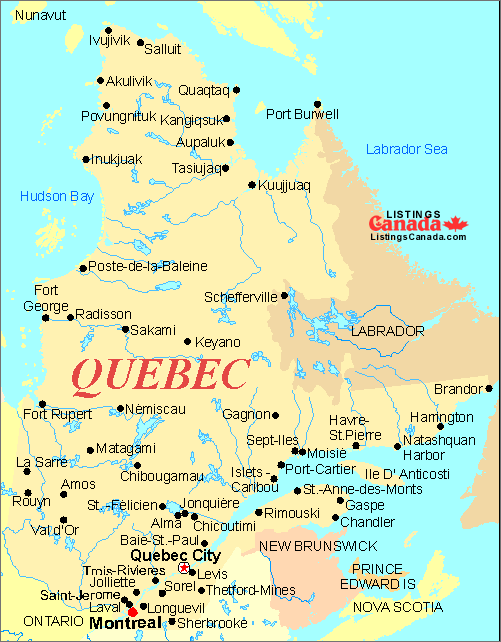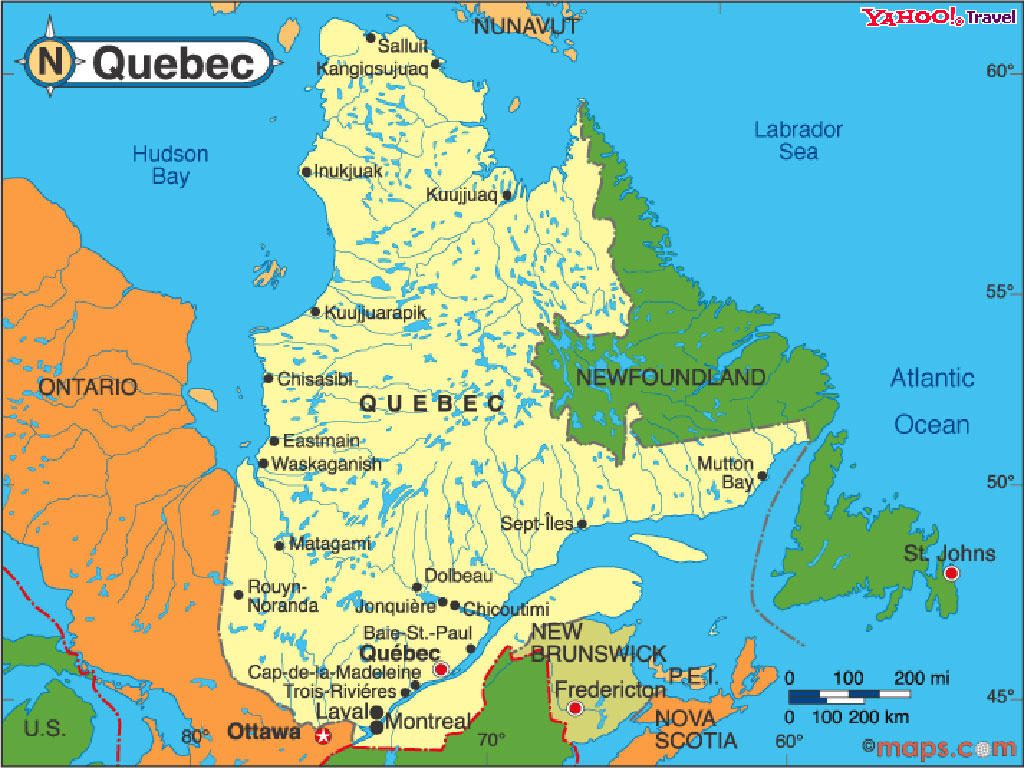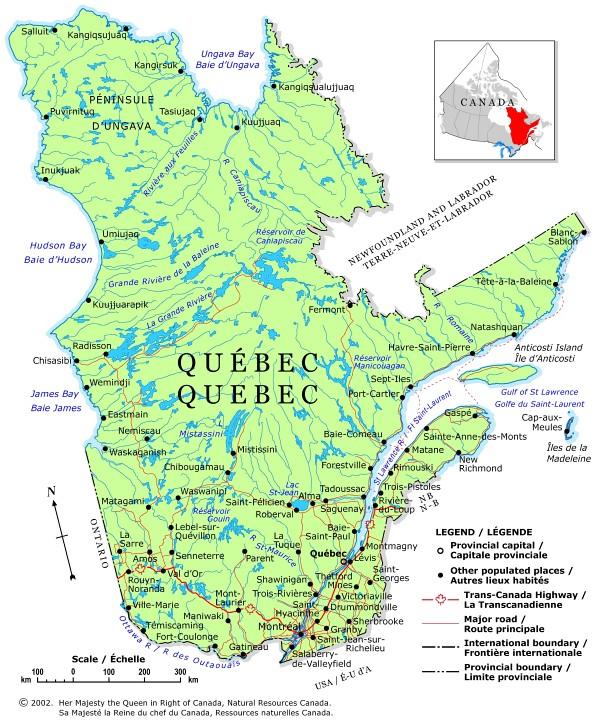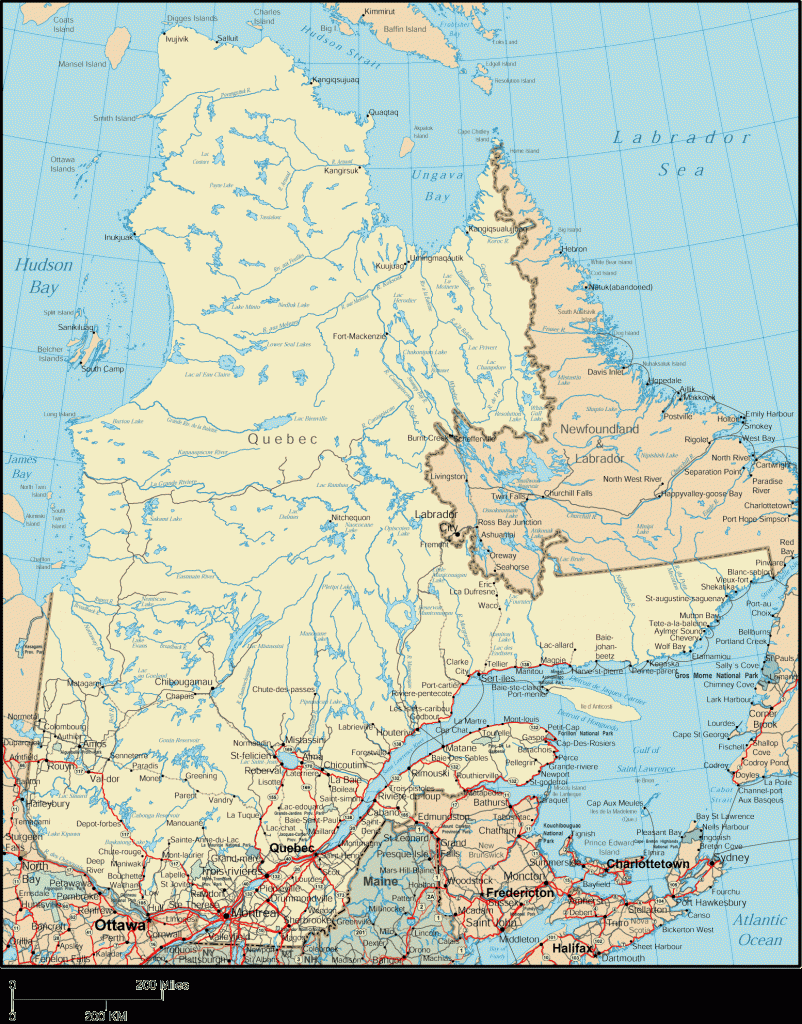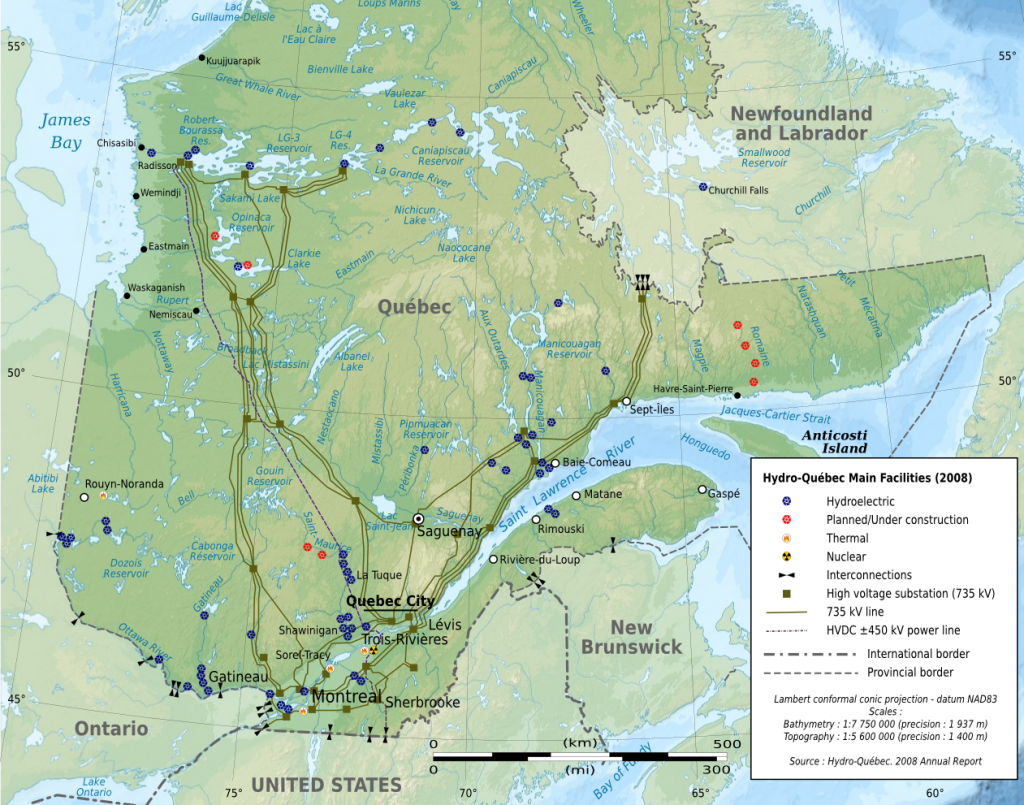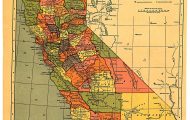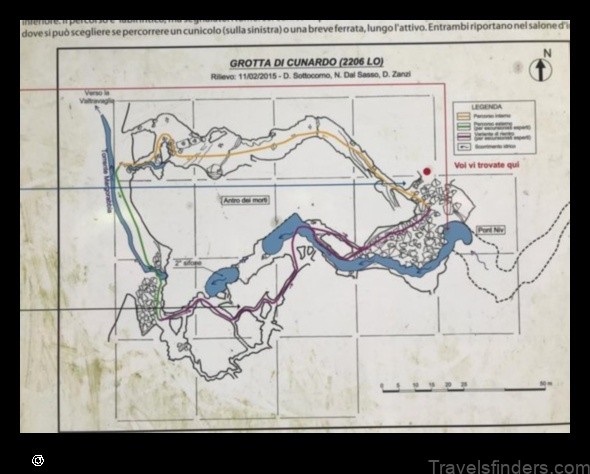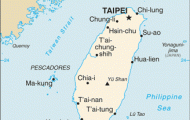Called the jewel of New France, Quebec was founded by Samuel de Champlain on the St. Lawrence River in 1608, making it the oldest city in Canada.
It later became the political, religious, and commercial center of the colony. (Brown Brothers, Sterling, Pennsylvania)
In 1663, the French Crown assumed direct control of New France and sent a military governor to Quebec City. Additional administrators, troops, and
agents for merchants in France bolstered the city’s population. The city also became the religious center of the colony, as Bishop Fran§ois Xavier de
Laval-Montmorency founded the S©minaire de Qu©bec in 1663. A decade later, Quebec City became the diocese for all of French North America. The
city’s lower and upper towns became increasingly differentiated, as the former spread along the river and remained the residential and commercial district
while the latter was fortified and contained administrative and religious institutions. In the eighteenth century, the city’s fortifications were strengthened and
its port facilities expanded to accommodate an increase in domestic and foreign trade.
Sir William Phips’s unsuccessful attack on the city in 1690 prompted Governor Frontenac to begin construction of the Royal Battery. The city survived
another siege in 1711, when Sir Hovenden Walker’s squadron of ships and some 8,000 troops suffered heavy losses on the reefs of the St. Lawrence
River estuary. Britain’s last siege of Quebec City came in 1759. A two-month naval bombardment destroyed most of the city’s major buildings and
wrought considerable suffering upon its civilian population. This was followed by General Wolfe’s victory over the Marquis de Montcalm’s force in a pitched
battle on the Plains of Abraham, which lay behind the walled city. Both generals died in the battle and the French retreated to the city, which conditionally
surrendered to the British five days later. With the help of naval reinforcements, the British retained control of Quebec City in 1760 in the face of a French
siege. Although the French and Indian War (known as the Seven Years’ War in Europe) officially ended with the Treaty of Paris in 1763, the fall of
Quebec City signaled the end of the French regime in North America.

